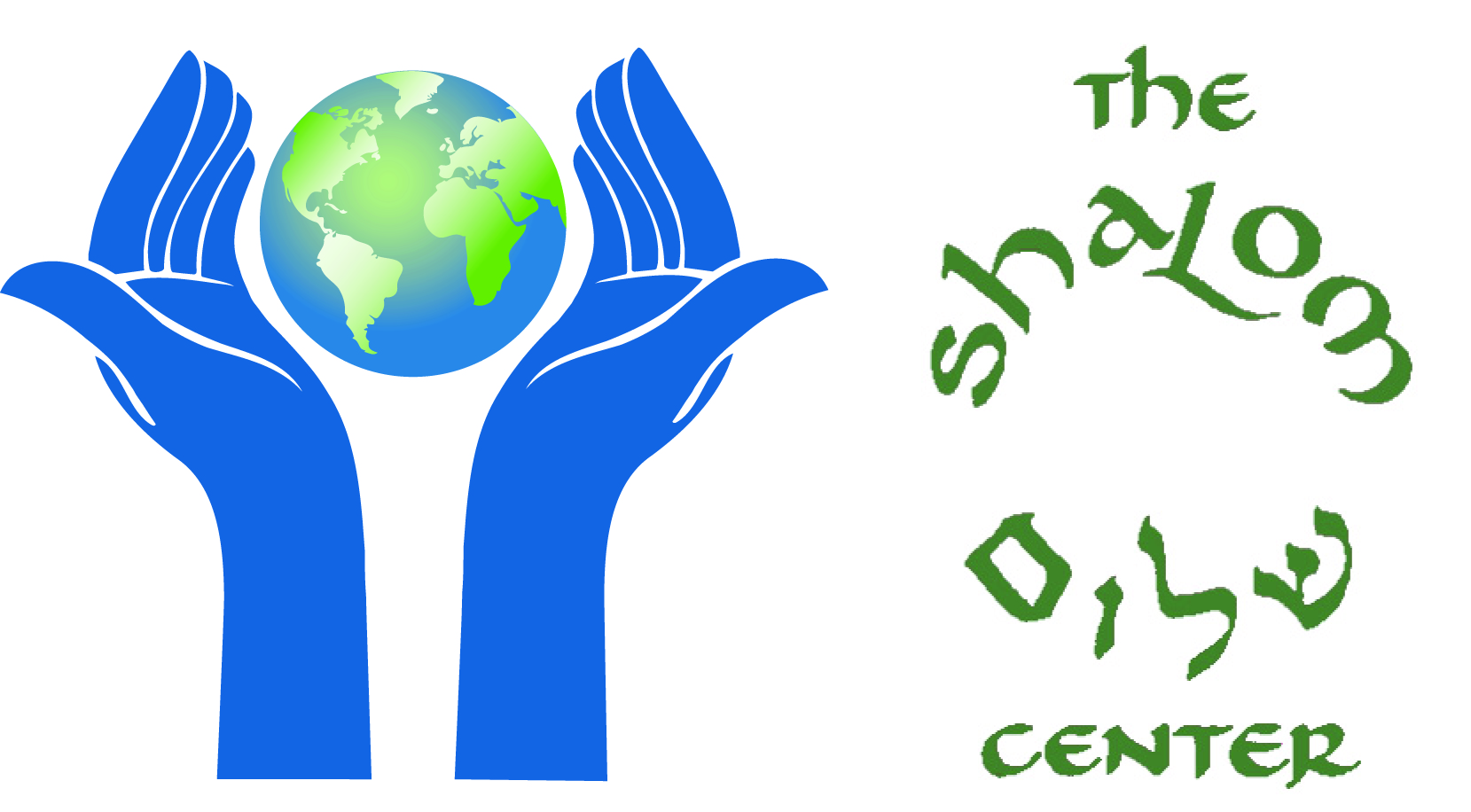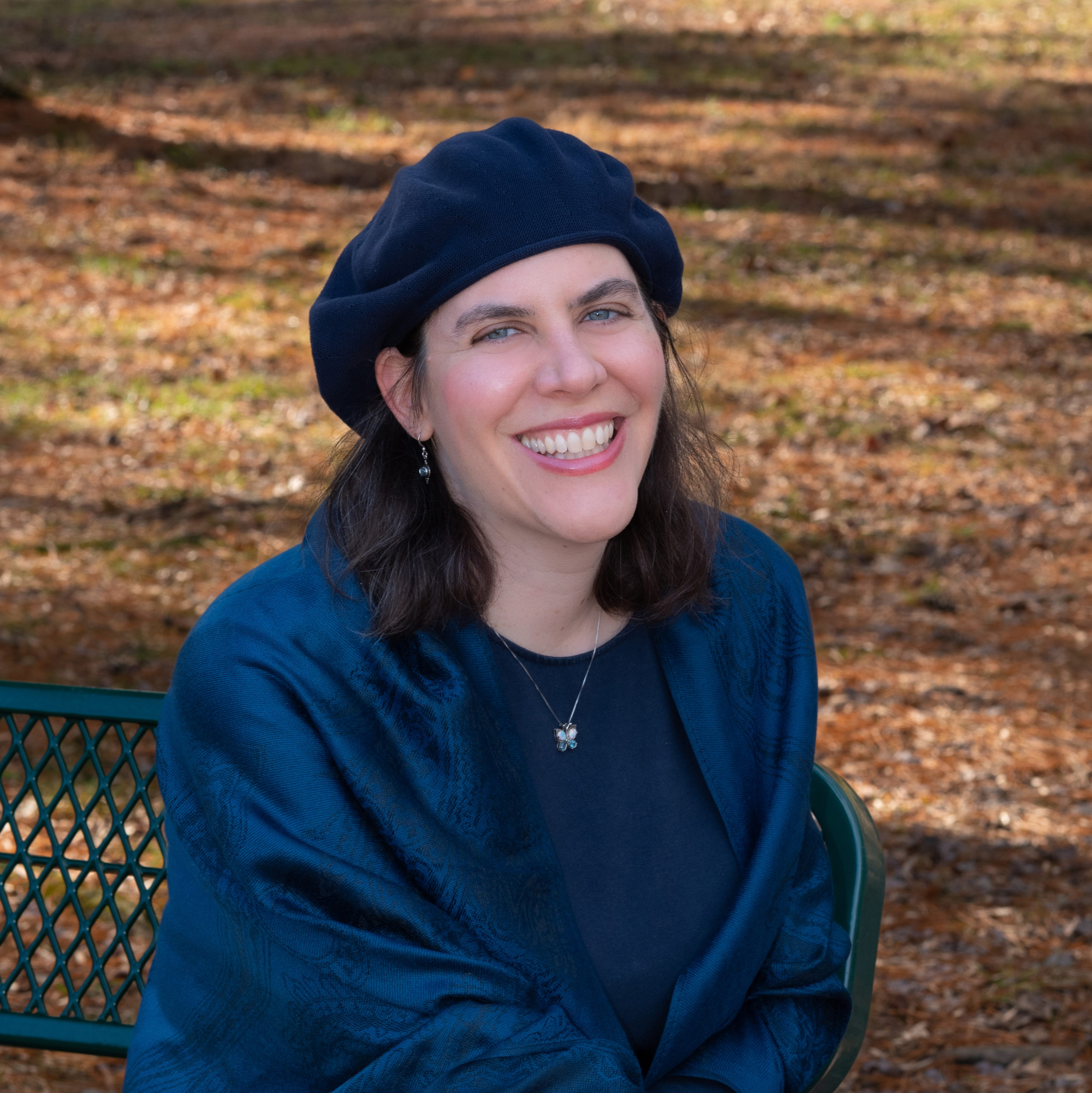Holidays Subscribe
Blogs
Purim and Vegetarianism
There are many connections between vegetarianism and the Jewish festival of Purim: 1. According to the Talmud, Queen Esther, the heroine of the Purim story, was a vegetarian while she lived in the palace of King Achashverus. She was thus able to avoid violating the kosher dietary laws while keeping her Jewish identity secret. 2. During Purim it is a mitzvah to give "mat'not evyonim" (added charity to poor and hungry people). In contrast to these acts of sharing and compassion, animal-based diets involve the feeding of over 70 percent of the grain in the United States ...
Uplifting People and Planet
Exciting news! Just in time for Tu b’Shevat, Canfei Nesharim and Jewcology are proud to announce the launch of a new ebook exploring traditional Jewish teachings on the environment, Uplifting People and Planet: Eighteen Essential Jewish Lessons on the Environment, edited by Rabbi Yonatan Neril and Evonne Marzouk. This ebook is the most comprehensive study in English of how Jewish traditional sources teach us to protect our natural resources and preserve the environment. From food to trees, energy to water, wealth to biodiversity, the book studies eighteen ...
A Tu B’Shvat Seder to Heal the Wounded Earth
The New Year – for Rebirthing Trees: [This version of the Haggadah for Tu B’Shvat has been greatly adapted by Rabbi Arthur Waskow of The Shalom Center from a Haggadah shaped by Ellen Bernstein, as published in Trees, Earth, and Torah: A Tu B’Shvat Anthology (Jewish Publ. Soc., 1999, ed. by Elon, Hyman, & Waskow). Bernstein wrote introductory remarks to sections of that Haggadah, many of which have been included or adapted for this one. They are indicated in the text by the initials “EB.” * The desire for such a Haggadah grew from ...
Lessons From Trees: a Tu Bishvat Message
Some of my most important lessons in life I learned from Jewish verses about trees. From the following I learned that I should be an environmental activist, working to help preserve the world: In the hour when the Holy one, blessed be He, created the first person, He showed him the trees in the Garden of Eden, and said to him: "See My works, how fine they are; Now all that I have created, I created for your benefit. Think upon this and do not corrupt and destroy My world, For if you destroy it, there is no one to restore it after you." (Ecclesiastes Rabbah 7:28) From ...
For Tu Bishvat: Quotations from Jewish Sources about Trees
Since Tu Bishvat is considered the "birthday for trees," a time when trees are to be judged regarding their fate for the coming year, I hope the following Jewish quotations about trees and fruits will be helpful for celebrations of this increasingly popular holiday. 1. And God said: "Behold, I have given you every herb yielding seed which is upon the face of all the earth, and every tree that has seed-yielding fruit -- to you it shall be for food." (Genesis 1:29) 2. In the hour when the Holy one, blessed be He, created the first person, He showed him the trees in the ...
WHY IS THIS NIGHT DIFFERENT? THOUGHTS ON TU BISHVAT
One of the highlights of the Passover Seder is the recitation of the four questions that consider how the night of Passover differs from all the other nights of the year. Many questions are also appropriate for Tu Bishvat, which starts on Wednesday evening, January 15 in 2014, because of the many ways that this holiday differs from Passover and all other days of the year. While four cups of red wine (or grape juice) are drunk at the Passover Seder, the four cups drunk at the Tu Bishvat Seder vary in color from white to pink to ruby to red. While Passover is a holiday ...
Thanksgivukah: Giving Thanks for Miracles
Dan Brook & Richard H. Schwartz For the first time since 1888 and then not again for about 78,000 years (!), Chanukah and American Thanksgiving coincide this year on Thursday, November 28. Some are calling it Thanksgivukah. Some are calling it another miracle! It’s a once-in-a-lifetime opportunity. Hope springs eternal. Indeed, it's always been an integral part of Jewish and American history, spirituality, and politics. Without hope, there wouldn’t be a Chanukah; without hope, there might not even be a Jewish community; without hope, there ...
Chanukah and Vegetarianism
Jews can enhance their celebrations of the beautiful and spiritually meaningful holiday of Chanukah by making it a time to begin striving even harder to live up to Judaism's highest moral values and teachings by moving toward a vegetarian diet. Here are eight reasons, one for each night of Chanukah: 1. Chanukah represents the triumph of non-conformity. The Maccabees stuck to their inner beliefs, rather than conforming to external pressure. They were willing to say: This I believe, this I stand for, this I am willing to struggle for. Today, vegetarians represent non-conf...
Transformative Judaism and our Planetary Crisis
Since human action has endangered the web of life on earth, human action can heal it. And the religious and spiritual communities of our planet have the wisdoms and the tools to do the healing. Judaism is especially relevant because, unlike most world religions, we preserve the teachings of an indigenous people in the biblical tradition –- the spiritual wisdom of shepherds and farmers. And yet as a world people, we can now apply the earthiness of our origins to the Whole Earth. That does not mean simply repeating the ancient practices. For instance, ...
The Urban Adamah Fellowship Now Accepting 2014 Applications
Connect to Something Bigger: Earth, Community, Social Justice, Jewish Spirituality The Urban Adamah Fellowship, based in Berkeley, CA, is a three-month residential training program for young adults (ages 21–31) that combines urban organic farming, social justice training and progressive Jewish learning and living within the setting of an intentional community. Through the operation of Urban Adamah’s one-acre organic farm and internships with social justice organizations, fellows gain significant skills, training and experience in all aspects of ...
Sustainable Sukkot: Harvest Wind & Sun, Not Carbon
Traditionally the first action Jews would take after breaking the fast of Yom Kippur was to act for change – to hammer the first nail toward building a sukkah, the fragile hut with a leafy, leaky roof that is the central symbol of Sukkot, the harvest festival. That fragile hut is a calling to live lightly on the Earth, so beginning to build it is a commitment to compassion for all life-forms as well as for all human beings. So in this letter I want to share a possible “template” about Sukkot. I am hoping we can at this point reach out to ...
The Meaning of This Hour: Confronting the Coming Cataclysm of Global Climate Change
In March 1938, Abraham Joshua Heschel delivered a speech to a conference of Quakers in Frankfort (it was later expanded and published in 1943) called The Meaning of this Hour. Heschel had been living in Berlin for some years, acquiring his Ph.D. and a liberal rabbinic ordination (he had already gotten a traditional ordination when he was a teenager in Warsaw). During his years there, he was a witness to rise of Nazism even while he taught and began to publish his work. In 1938, it was clear to many people that war in Europe was coming. In the very month that ...
Life is like a Silverware Box? A Wish for the New Year
In the month after my mother died, I suddenly looked around at my house and saw certain things that were just unacceptable to me. Things that I felt my mother was being polite about. She rarely judged things in my house; she had come to the conclusion that I had to learn to live my own life. But after she was gone, I found I could no longer live with certain things. I suddenly found my silverware box unbearable. It was the blue felt piece that it came in originally, the one that basically wrapped the silverware in a blue snuggy, with slots for the ...
Sukkot, Simchat Torah, and Vegetarianism
There are many connections that can be made between vegetarianism and the joyous Jewish festivals of Sukkot, Shemini Atzeret (the Eighth Day of Solemn Assembly), and Simchat Torah: 1. Sukkot commemorates the 40 years when the ancient Israelites lived in the wilderness in frail huts and were sustained by manna. According to Isaac Arama (1420-1494), author of Akedat Yitzchak, and others, the manna was God's attempt to reestablish for the Israelites the vegetarian diet (Genesis 1:29) that prevailed before the flood, in the time ...
Yom Kippur and Vegetarianism
There are many connections that can be made between the Jewish holiday of Yom Kippur and vegetarianism: 1. On Yom Kippur, Jews pray to the "Living God", the "King Who delights in life," that they should be remembered for life, and inscribed in the "Book of Life" for the New Year. Yet, typical animal-based diets have been linked to heart disease, stroke, several types of cancer, and other chronic degenerative diseases, that shorten the lives of over a million Americans annually. 2. On Yom Kippur, Jews pray to a "compassionate ...
Why Perform a Rite That Kills Chickens as a Way to Seek God’s Compassion?
During the ten-day period starting on Rosh Hashanah and ending on Yom Kippur, Judaism's holiest day, Jews seek God's compassion and ask for forgiveness for transgressions during the previous year so that they will have a happy, healthy, peaceful year. Yet, many Jews perform the rite of kapparot (in Ashkenazic Hebrew kappores or in Yiddish, shluggen kappores) in the days before Yom Kippur, a ritual that involves the killing of chickens. Kapparot is a custom in which the sins of a person are symbolically transferred to a fowl. First, selections from Isaiah 11:9, Psalms ...
The Age of Climate Dithering Must Come to an End
There is a new genre fiction called “Climate Change Fiction” that has become increasingly popular. The major theme of these works is what the world will be like after the effects of climate change has taken effect. One of my favorite Science fiction authors, Kim Stanley Robinson, has utilized this theme in several of his books, the latest being, 2312 which won the 2012 Nebula award for best science fiction novel and has been nominated for the Hugo award for best science fiction novel of 2013. 2313 mostly takes place off Earth among colonies on ...
Rosh Hashanah and Vegetarianism
Rosh Hashanah is the time when Jews take stock of their lives and consider new beginnings. Perhaps the most significant and meaningful change that Jews should consider this year is a shift away from diets that have been having devastating effects on human health and the health of our increasingly imperiled planet. While many Jews seem to feel that the holiday's celebration can be enhanced by the consumption of chopped liver, gefilte fish, chicken soup, and roast chicken, there are many inconsistencies between the values of Rosh Hashanah and the realities of animal...
Earth Etude for 3 Elul – Paying Attention to Roots
by Maxine Lyons Being a passionate gardener, I have been tending several gardens in my yard as well as many flower pots on our large deck so my hands are in dirt quite often these days. I have been transplanting yellow primroses, succulents, day lilies and sunflowers, focusing on the integrity of the roots, noticing how each root system is different. For example, some plants require a full root for transplanting while others need a partial root to survive. Succulents do not need roots at all; pieces can be immersed in dirt and re-establish their roots in ...
Earth Etude for Elul 2 – Elul Writing Project
by Molly Bajgot We’re nearing a time when the Earth will not provide as bountifully as it has in the past. In exchange for a loss of resources, I believe the Earth is pleading for us humans to return to ourselves, our deep souls, so we recognize a bounty that lives within us. Could this lead to the feeling of fertility in the human spirit, we may extend the times of plenty. Answering this call is not easy. We cannot stop deadlines so we may each have the time return to ourselves as a form of resiliency. It’s a necessary evil to take this time. We may ...






